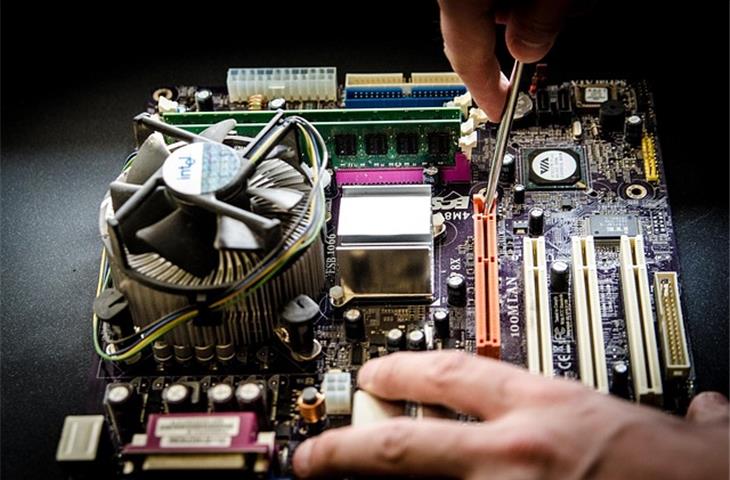Hardware spindles form an indispensable ingredient across diverse mechanical functions, spanning from basic manual implements to intricate machine tools. These cylindrical shafts are engineered to engage rotatory actions and accommodate cutting apparatuses, facilitating meticulous and proficient operations. Grasping the multifaceted facets of hardware spindles proves paramount for identifying the appropriate component for a particular use case. This discourse explores the fundamental aspects of hardware spindles, accentuating their significance, classifications, applications, and critical determinants for procurement.
I. Types of Hardware Spindles:

Hardware spindles manifest in multiple variants, each customised to distinct prerequisites and applications. The prevalent types encompass:
a. Ball Spindle: This variant employs ball bearings to sustain the shaft, delivering superior precision and diminished friction. It is well-suited for applications necessitating elevated rotational velocities and precision, such as lathes and grinding machines.
b. Angular Contact Spindle: Angular contact spindles employ ball bearings capable of supporting both radial and thrust loads. They excel in applications with substantial cutting loads, such as milling machines and CNC machines.
c. Collet Spindle: Collet spindles incorporate a collet chuck that secures the tool, guaranteeing precise and repetitive tool alterations. They are frequently employed in lathe machines and precision grinding apparatus.
d. Step Spindle: Step spindles possess a fixed length and are devised for applications demanding a specific tool length. They are suitable for rudimentary operations, such as drilling and tapping.
II. Principal Applications of Hardware Spindles:

Hardware spindles find extensive utility across various sectors and applications, encompassing:

a. Machine Tools: Spindles serve as pivotal components in machine tools, such as lathes, milling machines, and grinding machines, where they bolster cutting tools and facilitate precise movements.
b. Automotive Industry: Hardware spindles are deployed in the automotive sector for tasks like engine rebuilding, transmission repairs, and wheel balancing.
c. Aerospace Industry: The aerospace industry leans heavily on high-precision spindles for endeavours like turbine blade fabrication, precision machining, and inspection.
d. Metalworking: Spindles are instrumental in metalworking procedures, such as metal slicing, metal shaping, and metal refining.
III. Selection Criteria for Hardware Spindles:
Selecting the fitting hardware spindle entails deliberating several factors to assure peak performance and longevity. Some pivotal considerations comprise:
a. Material: The selection of material for the spindle is critical, as it influences its durability, mass, and thermal conductivity. Frequent materials encompass high-speed steel, stainless steel, and aluminium.
b. Precision Rating: The precision rating of a spindle dictates its capacity to uphold accuracy and stability during operation. Superior precision ratings are requisite for applications with stringent tolerances.
c. Speed and Torque: The speed and torque ratings of a spindle are pivotal for ascertaining its appropriateness for a specific application. Higher speeds and torques are necessary for strenuous cutting and machining operations.
d. Heat Dissipation: Effective heat dispersion is imperative to circumvent overheating and preserve spindle performance. Factors like cooling systems, material attributes, and design features should be considered to ensure efficient heat dissipation.
IV. Advantages of Premium Quality Hardware Spindles:
a. Enhanced Performance: Premium spindles ensure enhanced accuracy, stability, and durability, culminating in improved overall performance and diminished downtime.
b. Cost-Efficiency: Although premium spindles might bear a higher initial expenditure, they typically yield lower maintenance and operational expenditures over their lifespan.
c. Augmented Productivity: By delivering precise and consistent performance, premium spindles contribute to amplified productivity and reduced cycle times.
d. Amplified Safety: Premium spindles are engineered with safety at the forefront, mitigating the risk of accidents and fostering a safer work environment.
Hardware spindles perform a pivotal function in various mechanical applications, furnishing the requisite support and precision for cutting tools. By comprehending the types, applications, selection criteria, and advantages of hardware spindles, one can make judicious decisions when selecting the appropriate component for a specific application. Investment in premium quality hardware spindles guarantees enhanced performance, cost-efficiency, productivity, and safety.

